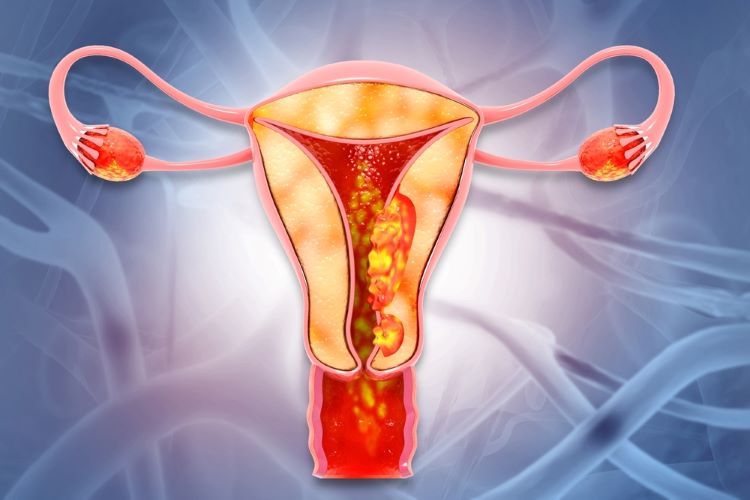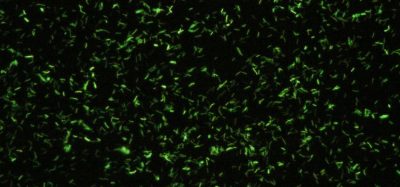Antibody-immunotherapy treatment shows benefit in serious endometrial cancer
Posted: 5 April 2024 | Catherine Eckford (European Pharmaceutical Review) | No comments yet
The novel combination cancer therapy facilitated “exceptional” responses in some patients enrolled in a Phase II study for endometrial cancer.


Results from a Phase II study evaluating a combination of an antibody-drug conjugate (ADC) and an immune checkpoint inhibitor has demonstrated a “really encouraging response rate” in endometrial cancer.
Pre-treated patients with a difficult-to-treat form of the disease were evaluated in the study led by principal investigator Dr Rebecca Porter, PhD, a medical oncologist in the Gynecological Oncology Program of Dana-Farber’s Susan F Smith Center for Women’s Cancers in the US.
Mirvetuximab soravtansine and pembrolizumab were administered together in patients with folate receptor-α (FRα) positive recurrent microsatellite stable (MSS) / mismatch repair proficient (pMMR) serious endometrial cancer.
the data underscores the potential benefits of combining antibody drug conjugates with immunotherapies for this patient group”
Findings from the trial showed that the combination treatment enabled tumours to shrink in six of the 16 patients. There was one case of disease remission.
Dr Porter stated that the data “underscores the potential benefits of combining antibody drug conjugates with immunotherapies for this patient group.”
Assessing efficacy of the antibody drug conjugate-immunotherapy combination
There were 16 patients enrolled in the first stage of the clinical trial. The participants had recurrent or persistent FRα positive, MSS/pMMR serous endometrial cancer previously treated with one to four lines of therapy, according to the Dana-Farber Cancer Institute.
In the second stage of the trial, additional patients with at least two objective responses or two cases of six-month, progression-free survival in the first stage were enrolled.
The study found that 37.5 percent of the first 16 patients given the ADC-immunotherapy combination achieved an objective response. One patient attained complete response, with an additional five patients obtaining a partial response. In five additional patients, the disease was stable.
Data showed that combining the antibody drug conjugate mirvetuximab soravtansine with pembrolizumab enabled progression-free outcomes in:
- Two patients for more than six months
- One patient for nearly 12 months
- One patient for over 18 months.
“Almost two-thirds of [the endometrial cancer] patients had three or four lines of therapy, so these results are notable… Some of these responses are what we would call exceptional”
“Almost two-thirds of these patients had three or four lines of therapy, so these results are notable,” Porter highlighted. “Some of these responses are what we would call exceptional.”
“Our next steps are to dive deeper into the potential mediators of the differences in response we are seeing,” Porter added. “Our goal is to improve the duration of response for those who do respond to the combination.”
Results from the endometrial cancer study will be presented at the 2023 American Association for Cancer Research (AACR) Annual Meeting.
The trial for the antibody drug conjugate-immunotherapy treatment was funded by Dana-Farber Cancer Institute, ImmunoGen and Merck.
Related topics
Anti-Cancer Therapeutics, Antibodies, Clinical Development, Clinical Trials, Drug Development, Immunotherapy, Research & Development (R&D), Therapeutics









